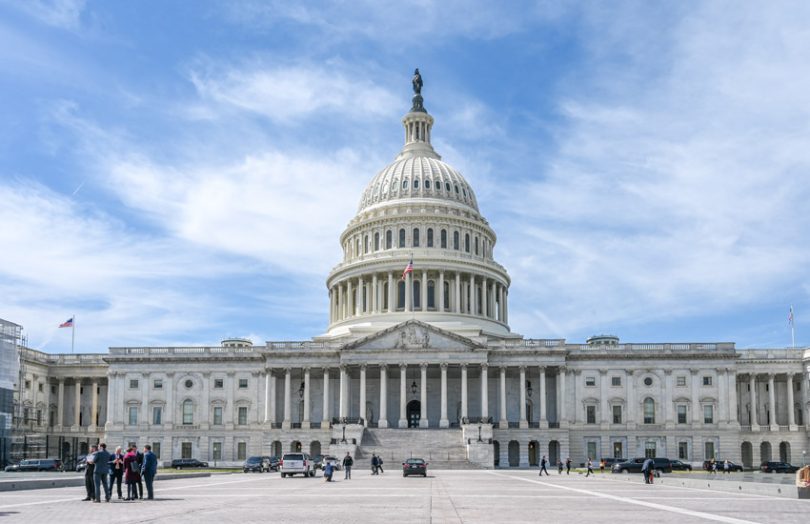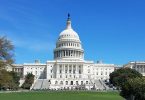Tomorrow the U.S. House Committee on Financial Services is holding a virtual hearing about the Digital Dollar or central bank digital currency (CBDC).
The event promises to be interesting as two of the speakers hold contrasting positions on the topic. Morgan Ricks, a professor at Vanderbilt University Law School, has previously argued that a digital dollar should allow consumers to hold central bank accounts. In March, Congress released a raft of stimulus bills for COVID-19, and Ricks’ model of FedAccounts made an appearance.
On the other side is Chris Giancarlo, former CFTC Chair and founder of the Digital Dollar Foundation, who has advocated for a tokenized digital dollar, likely based on blockchain or distributed ledger technology (DLT). The Digital Dollar Project was not involved in the drafting of the Congress bills. It released its first whitepaper last week, which makes the argument for tokenization.
There are several reasons to support tokenization, but when we spoke to David Treat from Accenture (a Digital Dollar Project partner), he highlighted the costs of an account-based model. He compared a cash-oriented retail business today that could receive cash from customers and turn around and use that cash to pay for a delivery. Tokenization has the potential to deliver these sorts of P2P payments without intermediaries.
Ricks co-authored an academic paper in 2018 (recently updated) that states: “Congress should authorize the Federal Reserve to give the general public—individuals, businesses, and institutions—the option to hold accounts at the central bank, which we call FedAccounts.”
It continues: “Unlike the CBDC approaches currently under discussion, which would use complicated and inefficient distributed ledger technology and would be walled off from the existing system of money and payments, the FedAccount CBDC would be seamlessly interoperable with the mainstream payment system and would rely on technologies that the Federal Reserve has used successfully for decades.”
However, the Congress bill proposals outlined “pass through” accounts, which would be managed by commercial banks, but ringfenced as central bank money. While the provision of the service would be free, it would not be cost-free to administer. Tokenized models are not free either, but one benefit is they don’t require reconciliation, which is a major cost contributor. However, there are infrastructure costs.
Mehrsa Baradaran from Irvine School of Law is another witness. In previous testimony, she highlighted that commercial banks “have abandoned certain low-profit communities and customers”. She stated that 25% of U.S. citizens are unbanked or underbanked with the resultant high fees to transfer money.
The final witness is Jodie Kelley, CEO of the Electronic Transactions Association, an industry body for financial institutions, networks and payments companies. Its members include the likes of American Express, Apple, Google, Paypal, and Western Union, as well as most of the big banks.
The discussion entitled “Inclusive Banking During a Pandemic: Using FedAccounts and Digital Tools to Improve Delivery of Stimulus Payments”, will be streamed live tomorrow, 11 June at noon ET.






